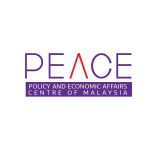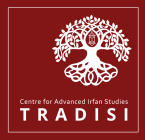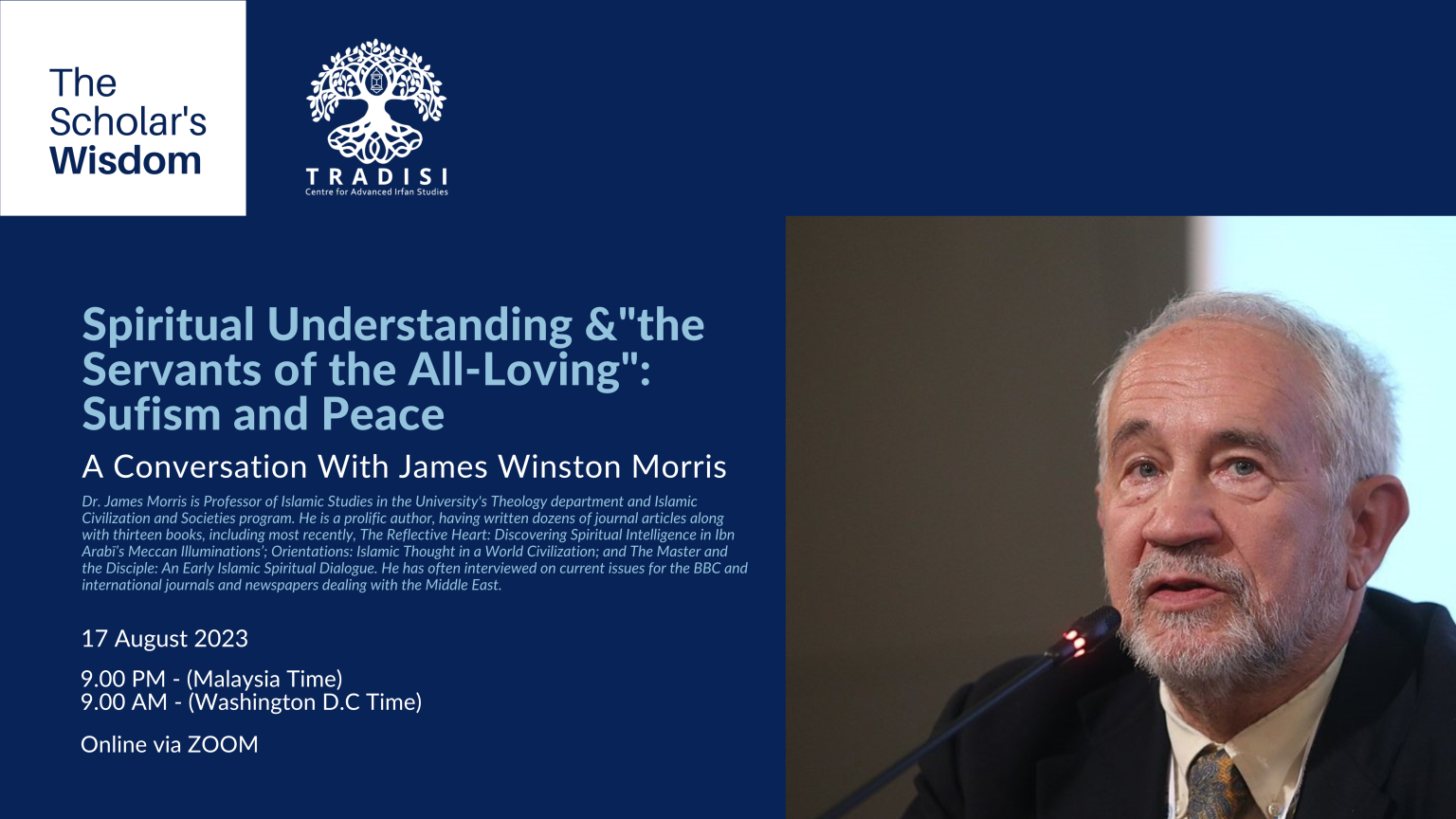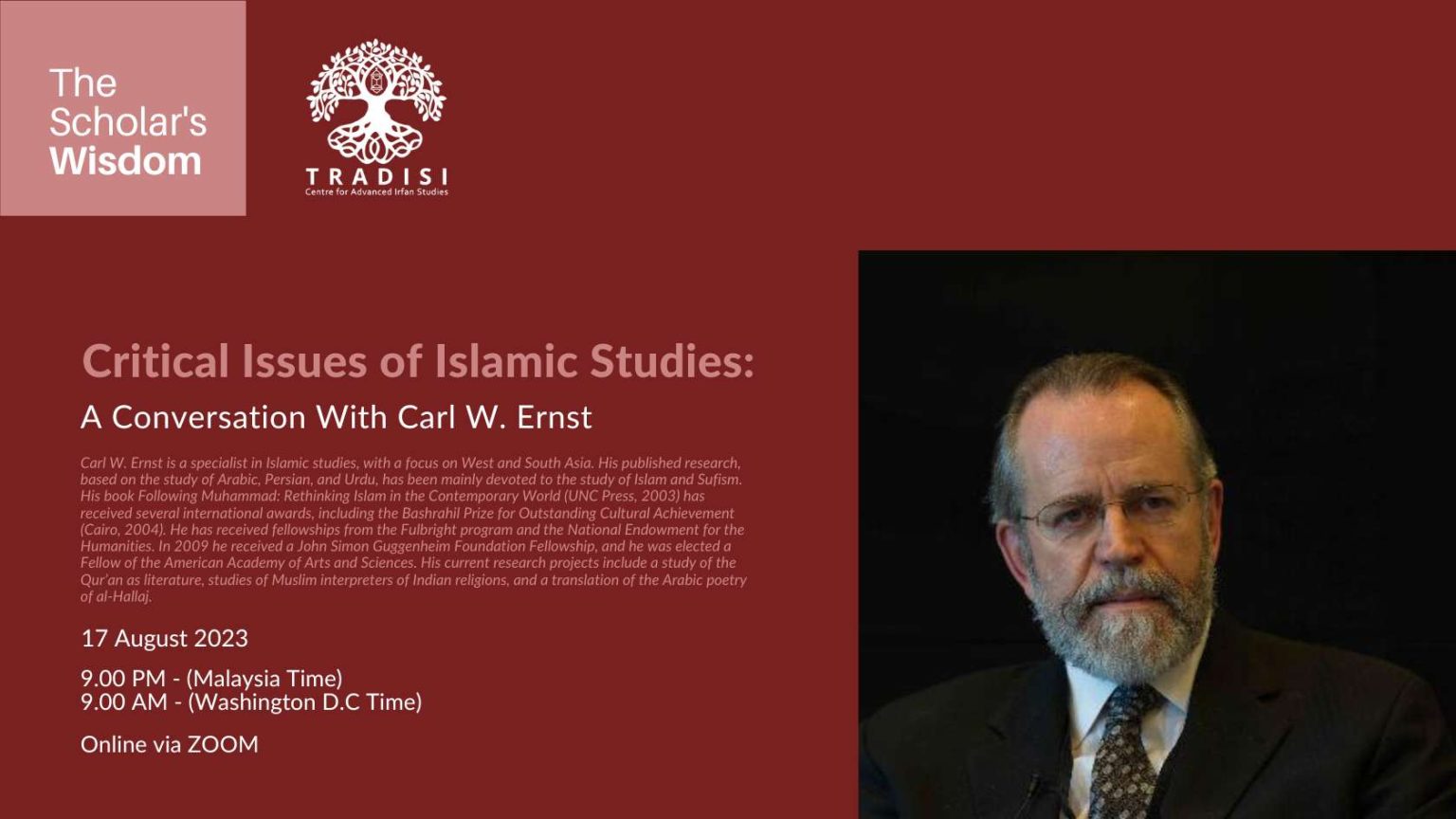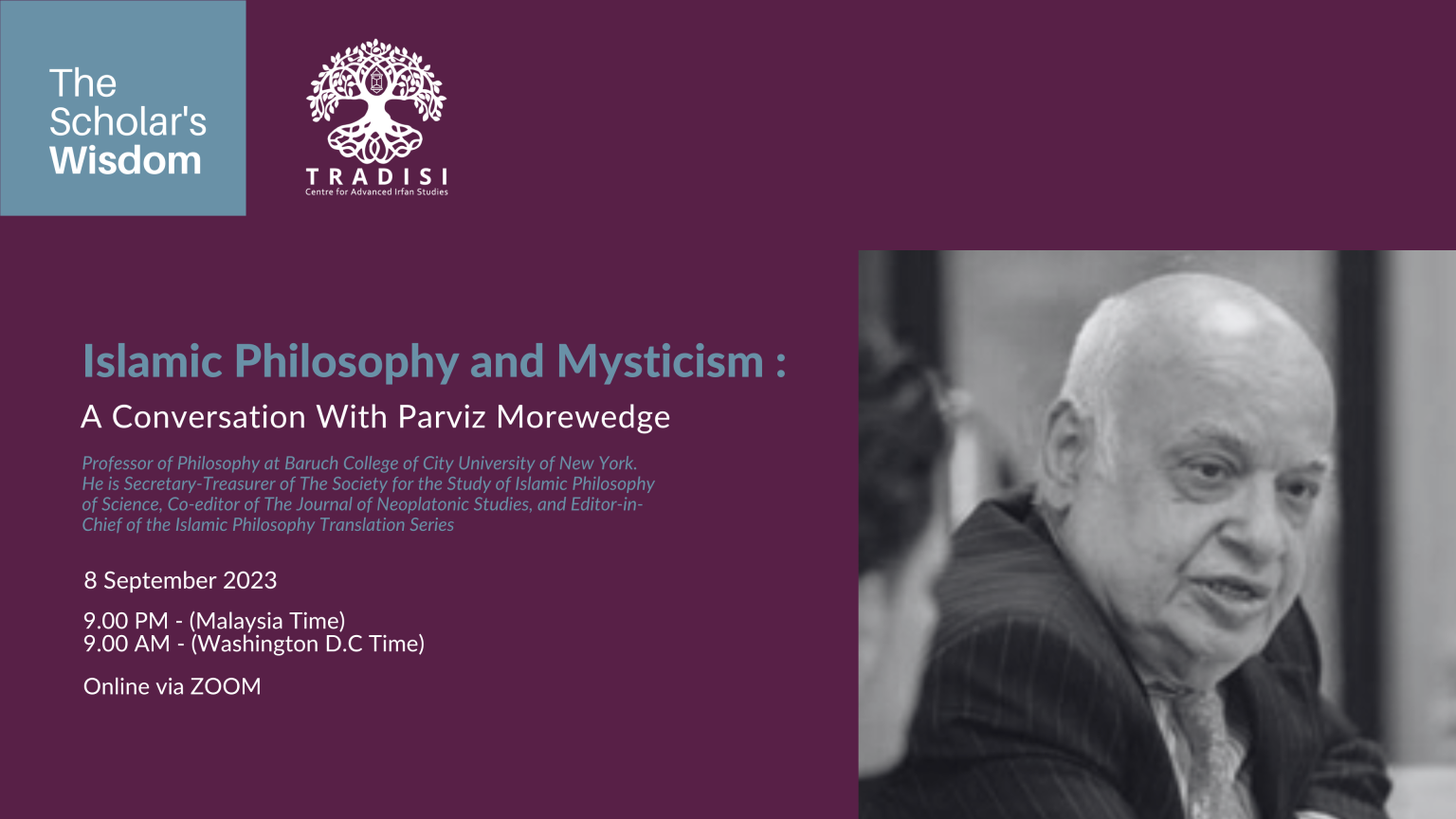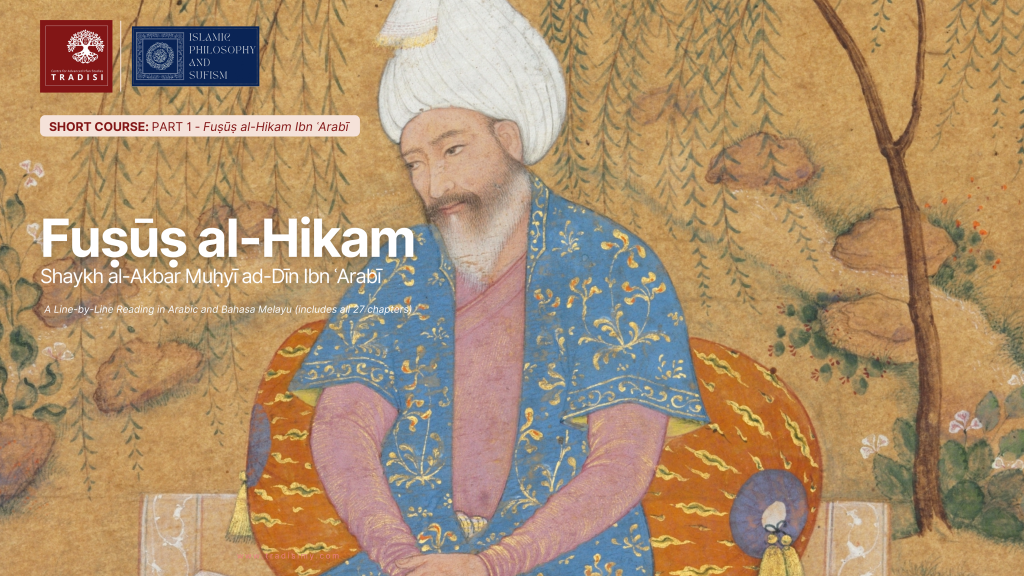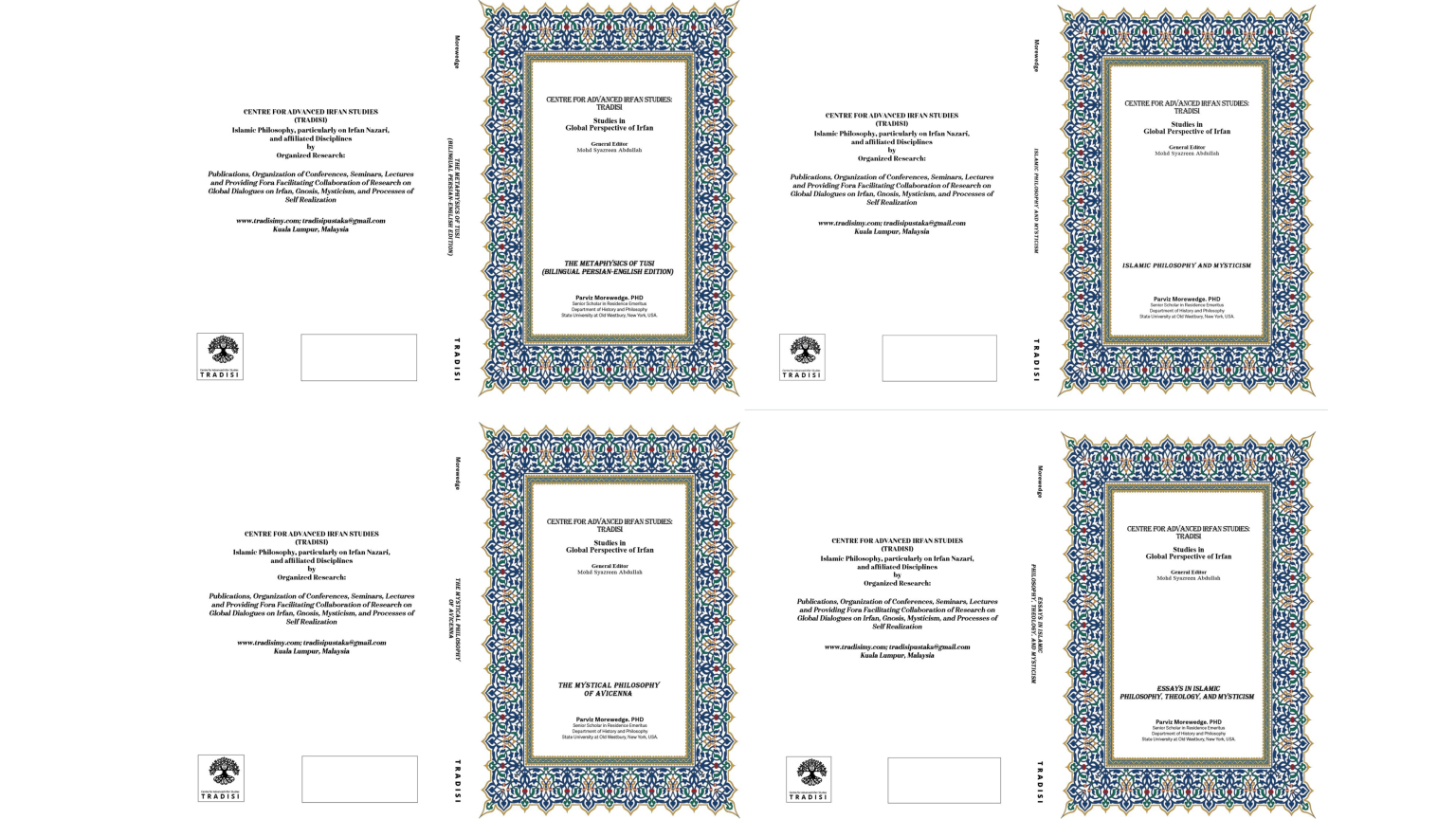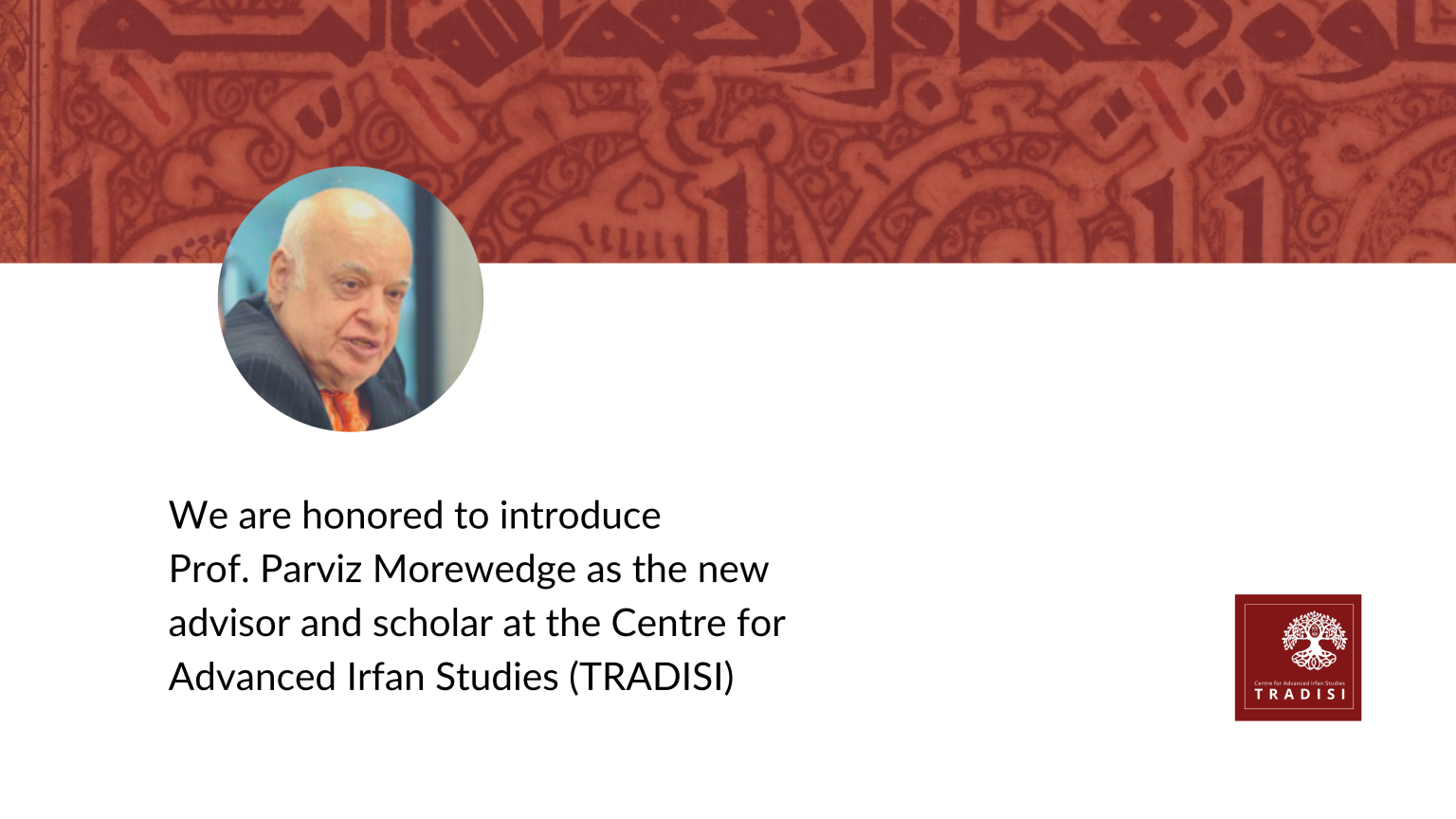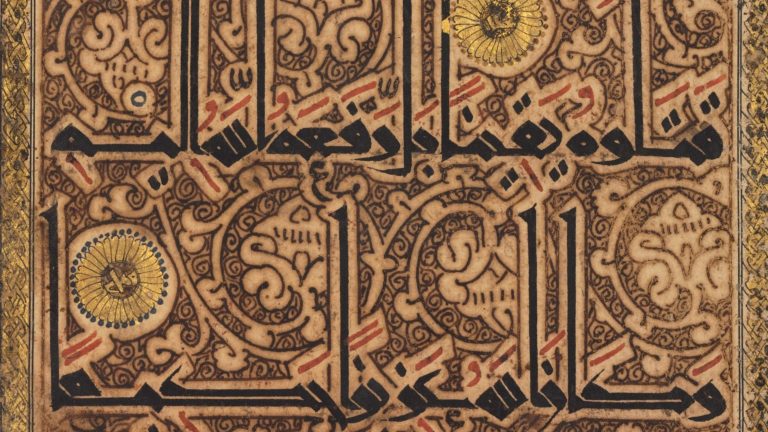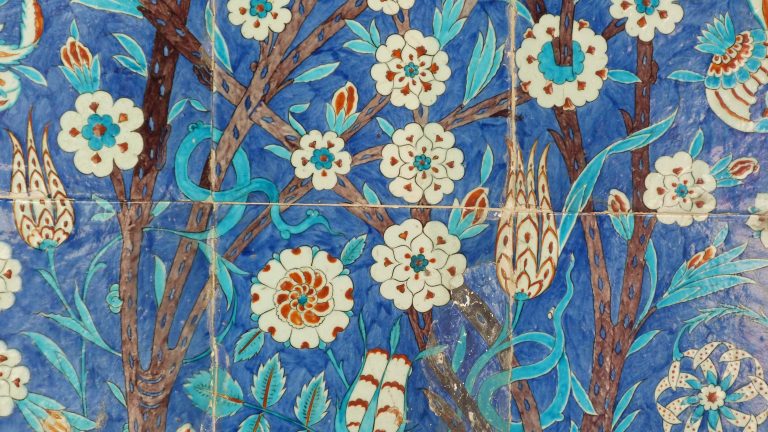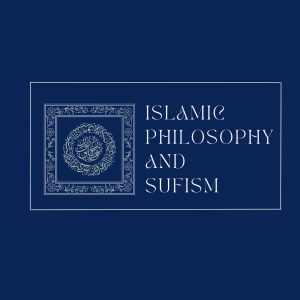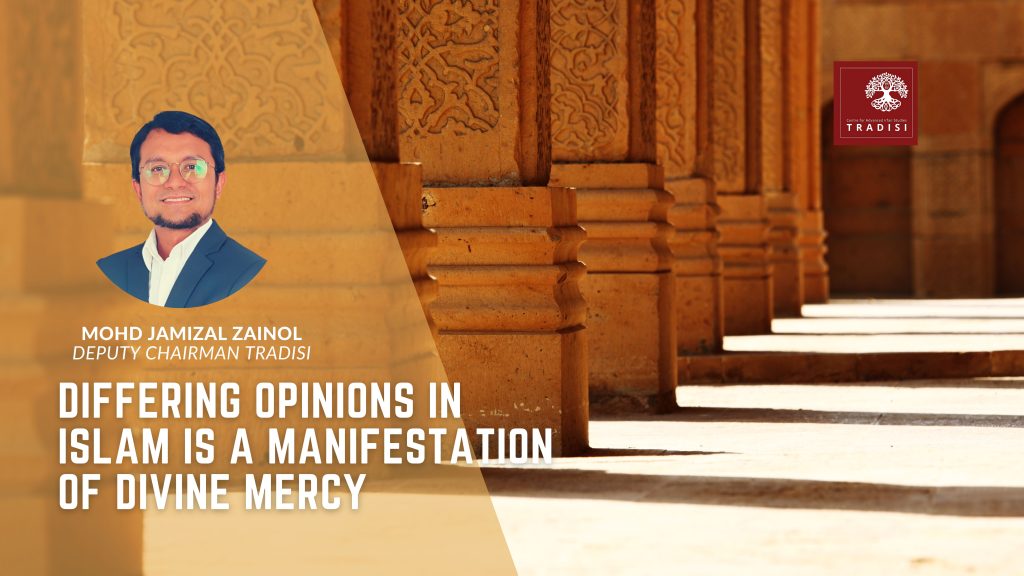Welcome to the Centre for Advanced Irfan Studies
The Centre for Advanced Irfan Studies (TRADISI) is a research institution dedicated to the in-depth exploration and advancement of Sufism and Studies in Global Perspectives of Irfan
Unity . Spirituality. Asian Studies.
Sekolah IRFAN

This course offers 7 modules of Islamic philosophy and Irfan, including an introduction, and to be conducted over 36 online sessions.TRADISI aims to become a center of excellence in the study of Irfan, Kalam, and Peripatetic philosophy. The TRADISI certificate program will be implemented online based on a syllabus prepared by experts.
Click HereEssence - Approaches to Sufi Texts
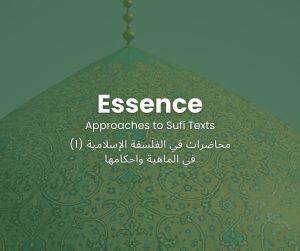
A brief course that delves into the concept of "mahiyah", a foundational topic in Islamic philosophy, spread across 8 comprehensive modules.
Click HereShort Courses - Islamic Philosophy & Sufism
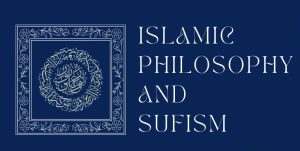
Please check out our new short courses on Islamic Philosophy & Sufism. It's a great way to learn about deep thoughts and beautiful traditions. Join us and discover something new!
Click HereStudies in Global Perspectives of Irfan
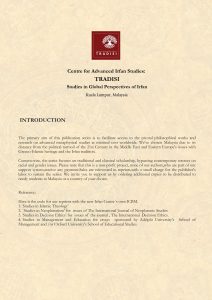 The primary aim of this publication series is to facilitate access to the pivotal philosophical works and research on advanced metaphysical studies at minimal cost worldwide. We've chosen Malaysia due to its distance from the political turmoil of the 21st Century in the Middle East and Eastern Europe's issues with Greeco-Islamic heritage and the Irfan tradition.
The primary aim of this publication series is to facilitate access to the pivotal philosophical works and research on advanced metaphysical studies at minimal cost worldwide. We've chosen Malaysia due to its distance from the political turmoil of the 21st Century in the Middle East and Eastern Europe's issues with Greeco-Islamic heritage and the Irfan tradition.
Content-wise, the series focuses on traditional and classical scholarship, bypassing contemporary stresses on racial and gender issues. Please note that this is a non-profit project, none of our authors,who are part of our support system,receive any payment.Sales are reinvested in reprints,with a small charge for the publisher's labor to sustain the series. We invite you to support us by ordering additional copies to be distributed to needy students in Malaysia or a country of your choice.
Click HereProf. Morewedge's works are being republished.
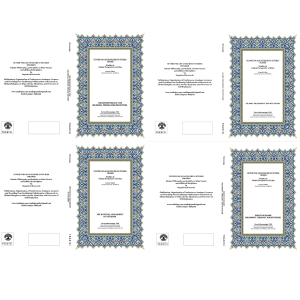
TRADISI proudly unveils the reissued masterpieces by Professor Parviz Morewedge, a renowned scholar in Islamic philosophy and mysticism, and currently an advisor and scholar at TRADISI. As we know, Professor Parviz's impactful works have been instrumental in shaping our understanding of the Islamic intellectual tradition. These long-unavailable texts, most of which are no longer reprinted, will be available soon. Pre-order your copy today to be among the first to own these essential works!
Click Here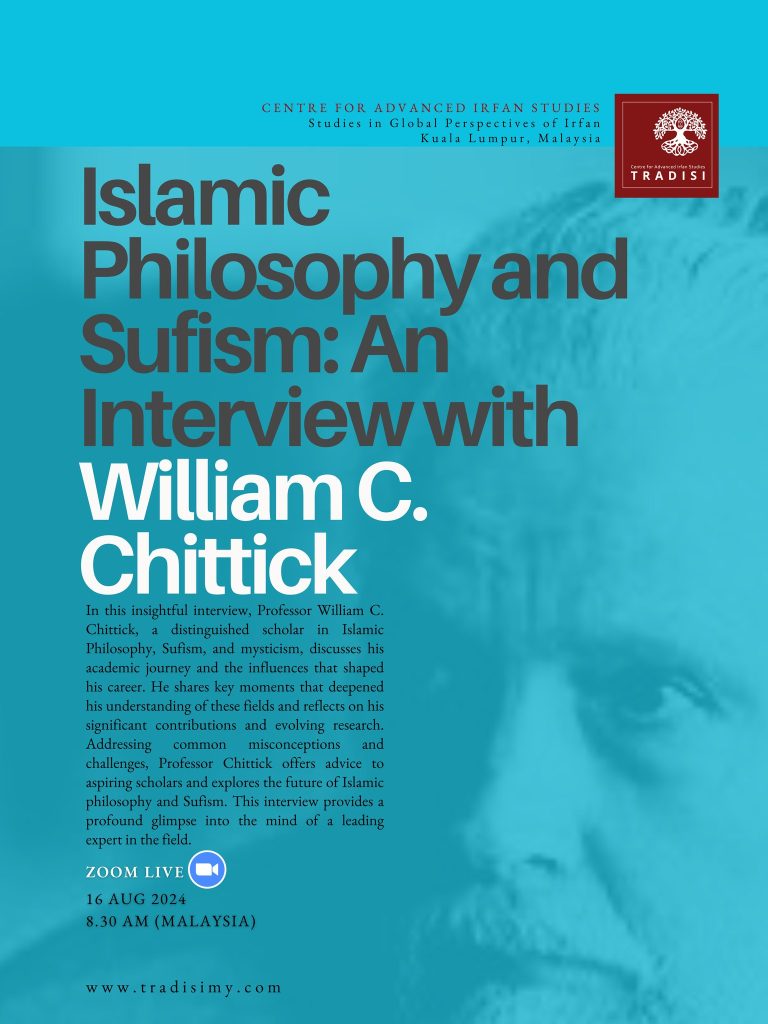

Welcome Aboard
We are honored to introduce Prof. Parviz Morewedge as the new advisor and scholar at the Centre for Advanced Irfan Studies (TRADISI)
Unikatowe możliwości gry mobilnej w kasyno Vox Wraz z dynamicznym rozwojem technologii mobilnych coraz więcej graczy poszukuje wyjątkowych wrażeń dostępnych na smartfonach. Właśnie z myślą o tej grupie użytkowników powstała aplikacja kasyno Vox, która oferuje ekskluzywne turnieje mobilne tylko dla swoich graczy. Dzięki tej aplikacji, uczestnicy mogą liczyć na niespotykane gdzie indziej promocje oraz dedykowane eventy dostępne wyłącznie z poziomu urządzeń mobilnych. Rodzaje bonusów dostępnych dla uczestników turniejów Jednym z głównych atutów aplikacji są różnorodne bonusy, które zwiększają szanse na wygraną i podnoszą satysfakcję z gry. Gracze Vox casino apk mogą liczyć na następujące typy nagród: Bonus powitalny – przeznaczony dla nowych użytkowników, którzy po raz pierwszy rejestrują się w systemie. Zwykle obejmuje on dodatkowe środki na start lub darmowe spiny, co pozwala lepiej poznać ofertę kasyna. Bonus reload – to promocja dla stałych graczy, którzy regularnie zasilają swoje konto. Każda kolejna wpłata może generować dodatkowe środki lub inne benefity. Cashback – działa na zasadzie zwrotu części przegranych środków w formie gotówki lub kredytów do wykorzystania w grach. To doskonałe zabezpieczenie na wypadek mniej szczęśliwych sesji. Wyjątkowa oferta turniejowa w aplikacji Vox casino Ekskluzywne turnieje dostępne jedynie poprzez aplikację przyciągają uwagę graczy w całej Polsce. Regularnie organizowane wydarzenia tematyczne, dynamiczne rankingi oraz wartościowe nagrody sprawiają, że każdy może poczuć dreszczyk emocji i rywalizacji. Co więcej, tylko użytkownicy aplikacji mają dostęp do specjalnych promocji i nagród lojalnościowych, które są niedostępne na komputerach stacjonarnych. Dlaczego warto wybrać mobilne turnieje kasyno Vox? Rok 2025 zapowiada się jako czas dalszego rozwoju gamingu mobilnego. Ekskluzywność, wygoda i bezpieczeństwo to główne atuty korzystania z aplikacji kasyno Vox. Gracze mogą cieszyć się dostępem do turniejów w dowolnym miejscu i czasie, korzystając z zaawansowanych zabezpieczeń oraz błyskawicznych wypłat nagród. Nie czekaj! Pobierz aplikację, dołącz do społeczności graczy i bierz udział w ekskluzywnych turniejach mobilnych, korzystając z najlepszych bonusów w 2025 roku. Sprawdź, jak kasyno Vox może odmienić Twoje doświadczenie gry mobilnej już dziś!
Mohd Jamizal Zainol In February 2006, al-Qaeda, the Sunni extremist and terrorist group had bombed al-Askari Mosque in Iraq, a sacred sanctuary and place of worship for the Shiites. In 1979, Mohammad Abdus Salam won the Nobel Prize in Physics. Unfortunately, this achievement of his was disregarded by his own motherland as he was accused of adhering to the Ahmadiyya, which had been declared heretical by the Pakistani government. As a result of this fatwa, he was constantly pressured by the Pakistani government, eventually leading him to permanently move to England. The events aforementioned are the ugly consequences of Muslims being demarcated due to the political conflicts escalating over the years, going back to hundreds of years before, that eventually leading to the occurrence of violence. Similarly, political power has been used to suppress those with differing ideas and views. We have been told of the facts that the conflict between Sunnis and Shias was rooted in the occurrence of Jamal Battle between Aisha RA, the Wife of the Prophet and Ali RA owing to the dissatisfaction with Ali RA’s indifference as Caliph in not taking firm action regarding the murder of Caliph Uthman RA. This conflict escalated, leading to a confrontation between Muawiyah RA (the governor of Syria at the time) and Ali RA. Muawiyah, through the Battle of Siffin, opposed Ali R.A in seeking justice for the death of Uthman R.A. This great conflict in the history of the Muslim ummah is tragically chronicled by Lesley Hazleton through his work, ‘After the Prophet: The Epic Story of the Shia-Sunni Split’. According to him, this great conflict further demarcated the Muslim ummah into two opposing factions, the Sunnis who were firmly standing with Uthman RA, Aishah RA, and Muawiyah RA and the group who stood side by side with Ali RA and other Households of the Prophet such as Fatimah the beloved daughter of the Prophet and Hassan and Hussein the grandsons of His Holiness. The root of this conflict can be traced back to the dissatisfaction towards the tragic killing of Uthman RA. Unfortunately, it gradually escalated, from mere political conflicts seeping into the discourse of Islamic theology. Such an instance can be seen where debates arose over Ali’s decision to make peace with Muawiyah was whether it is in line with Islamic principles. This gave rise to the Khawarij, a faction that opposed Ali RA because they disagreed with the peace process with Muawiyah. To them, both Ali RA and Muawiyah RA had deviated from Islam, hence their blood was deemed lawful, making it permissible to wage war against them. From these events, we can infer that the root of the demarcation of the Muslim Ummah stemmed from two reasons. The first can be said that there was a never-ending political divisions between the Sunnis, Shiites, and Khawarijites that have been continously occurring for hundred of years until today. Secondly, there is the excessive pressure from authorities or the government in sidelining differing views, to the extent of neglecting greater priorities, as seen in the case of Mohammad Abdus Salam. This is not to suggest that Ahmadiyya teachings are true, but instead illustrated to draw a lesson on how authorities can oppress certain factions or groups simply because of disagreement over an issue. The same instance can be seen occurring in Malaysia today, where the discussion concerning Rang Undang-undang Mufti Wilayah Persekutuan (RUU Mufti) had been a debated polemic. Various parties have expressed their views, with some agreeing while the others not. RUU Mufti became controversial as it concerns the qualifications required to become a Mufti of the Federal Territories, mandating that the individual must adhere to the creed of Ahli Sunnah Wal Jamaah (Sunni), specifically referring to the Asyairah and Maturidiyah school of thoughts in Theology, the Shafi’i school of thought in Jurisprudence, and the teachings of Imam Junaid in Mysticism. RUU Mufti has undoubtedly become controversial due to the attempt to utilize legislation to narrow the selection criteria for the Mufti of the Federal Territories to those who adhere to certain beliefs and methodologies only. To a certain extent, it is true that Muslims in the Malay Peninsula tend to follow these schools of thought in their religious tradition. However, restricting the selection criteria through legal means can have different implications and effects. It almost gives the impression that other schools of thought and methodologies are not accepted in the Federal Territories. In reality, the definition of Ahlus Sunnah Wal Jamaah is quite broad, encompassing the Maliki, Hanbali, Hanafi, and Shafi’i schools of thought. Any law that concerns matters regarding Islam must be legislated and enacted on the basis of knowledge rather than certain political intention or to oppress certain parties. We do not want RUU Mufti to be a demarcation to the vastness and richness of knowledge, methodologies, and diversity of views in Islam. Let us hope that the implicit purpose of passing the RUU Mufti by the Parliament is not to reject any ideas merely basing itself upon labels or the firqah which is the source of that certain ideas. Particular instance can be seen as outrightly dismissing a well-established opinion (rajih) simply because the idea is from Wahhabi. I do feel pity for Muhammad bin Abdul Wahhab, a Muslim thinker, sometimes, because he has been constantly blamed for the arousal of such issues which we can categorized it as minor. Instead, we must learn to be open-minded and accept the fact that it is permissible to differ on minor issues. It is up to the individuals whether to practice any ideas after examining the most well-established argument (rajih) and thus satisfied with it. It is indeed saddening that we are still trapped with these issues for so long. If we are unable to properly manage our differences with prudence, then it will lead to more serious divisions in our country. One’s practice is established with one’s evidence thus there is no need for a certain disagreeing party or faction to








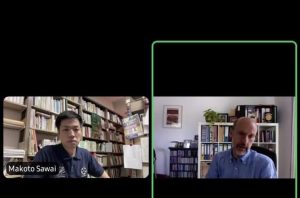


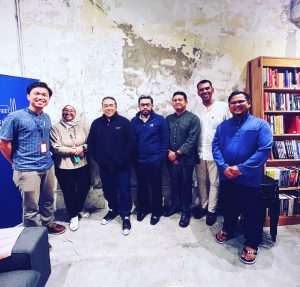

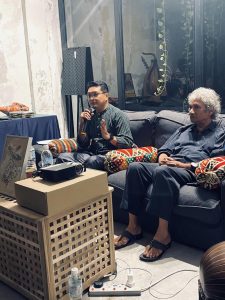
Our Partner



